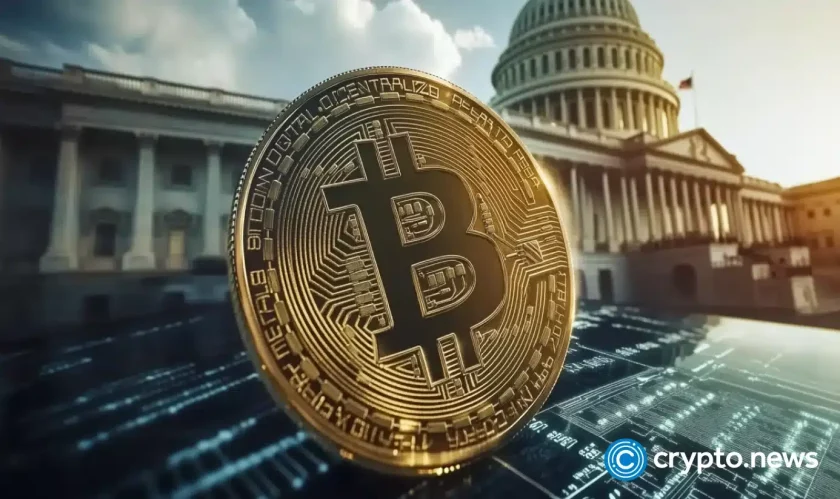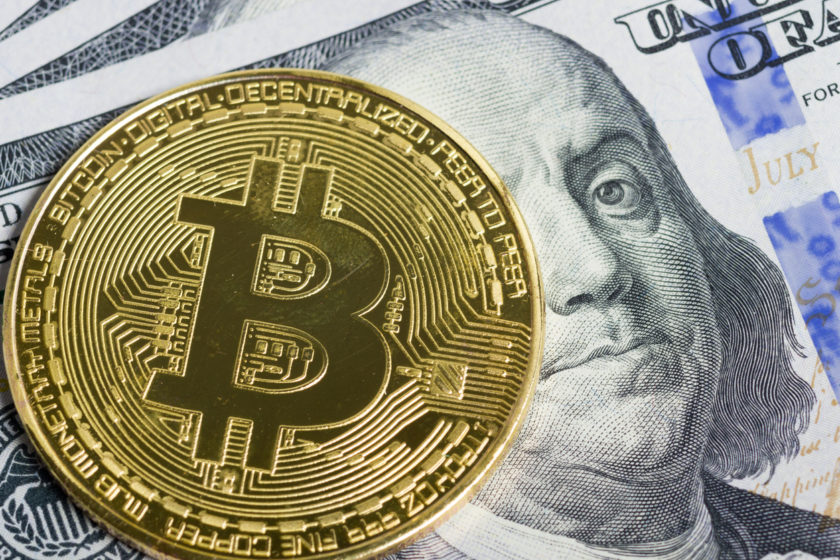With BTC shooting back up above $37K and a look into the aftermath of the GameStop moment, CoinDesk’s Market Daily is back with the latest news roundup.
Add Markets Daily to your Alexa Flash Briefing here.
This episode is sponsored by Nexo.io.
Today’s stories:
The GameStop-galvanized “bear raid” by retail stock traders appears to have terrified Wall Street but crypto industry marketeers are salivating over the prospect of new customer leads and more demand.
Coinbase says in Web post it plans to become publicly traded company via a direct listing (CoinDesk)
Iran tightens grip on crypto miners while looking to them as a potential source of revenue as international sanctions crimp economy (CoinDesk)
Cathie Wood’s ARK estimates bitcoin could climb to $400K if the cryptocurrency were to replace 10% of the cash on corporate balance sheets.
Silver surges as GameStop day traders move into other assets (WSJ)
Retail traders sue Robinhood over restrictions on meme stocks GameStop, AMC Theaters and BlackBerry (CoinDesk)
Private-equity firm Silver Lake converts $600M of AMC convertible notes into equity after retail-fueled stock-price pump (WSJ)
U.S. Congress plans hearings on GameStop market pumps (CoinDesk)
American Airlines, Southwest Airlines post record losses for 2020 after coronavirus-related travel downturn (WSJ)
Emerging-market borrowing boom – $847B in 2020, with another $100B of bonds sold so far in January – sparks concerns over debt loads (WSJ)
European Central Bank’s head of banking supervision worries that lenders in the region might not be setting aside enough money for loan-loss reserves (WSJ)
“Investors have been continuously conditioned to buy the dip, regardless of its cause. FOMO (fear of missing out) and TINA (there is no alternative to risk assets) have turbocharged this behavior,” Allianz Chief Economic Adviser Mohamed el-Erian writes in column (Bloomberg Opinion)
Although the U.S. economy shrank last year by the most since 1946, consumers have increased their spending on goods faster than before the coronavirus hit, as “resilient wages, buoyant stocks, low interest rates and stimulus gave most households ample spending power” while the pandemic limited payments for services, the U.S. Commerce Department reported Thursday (WSJ)




